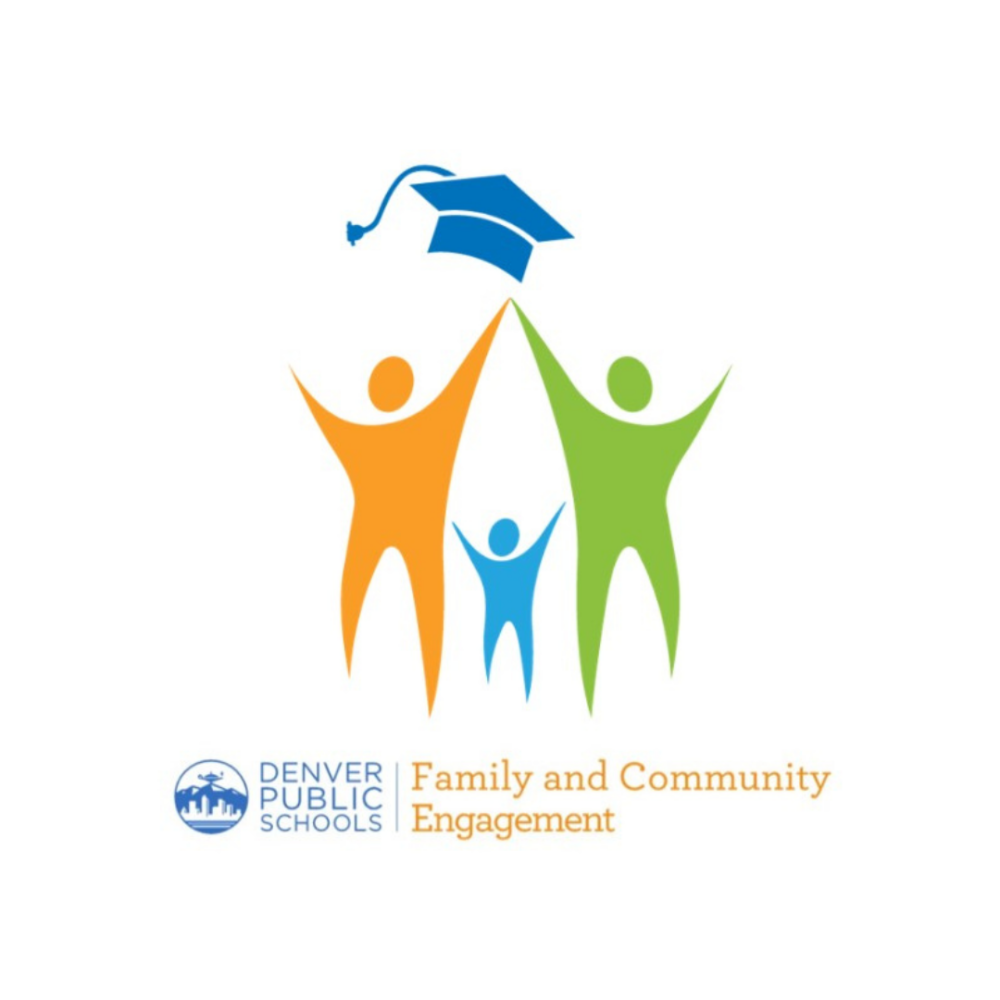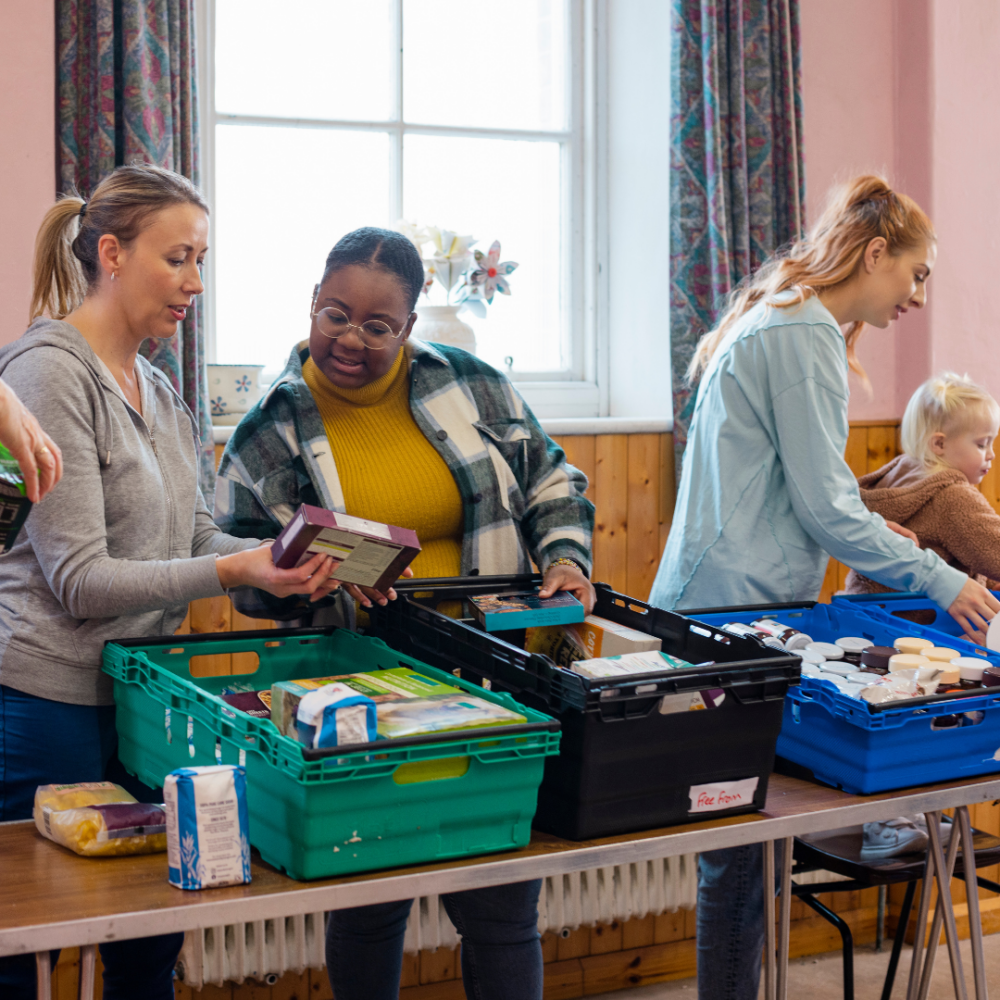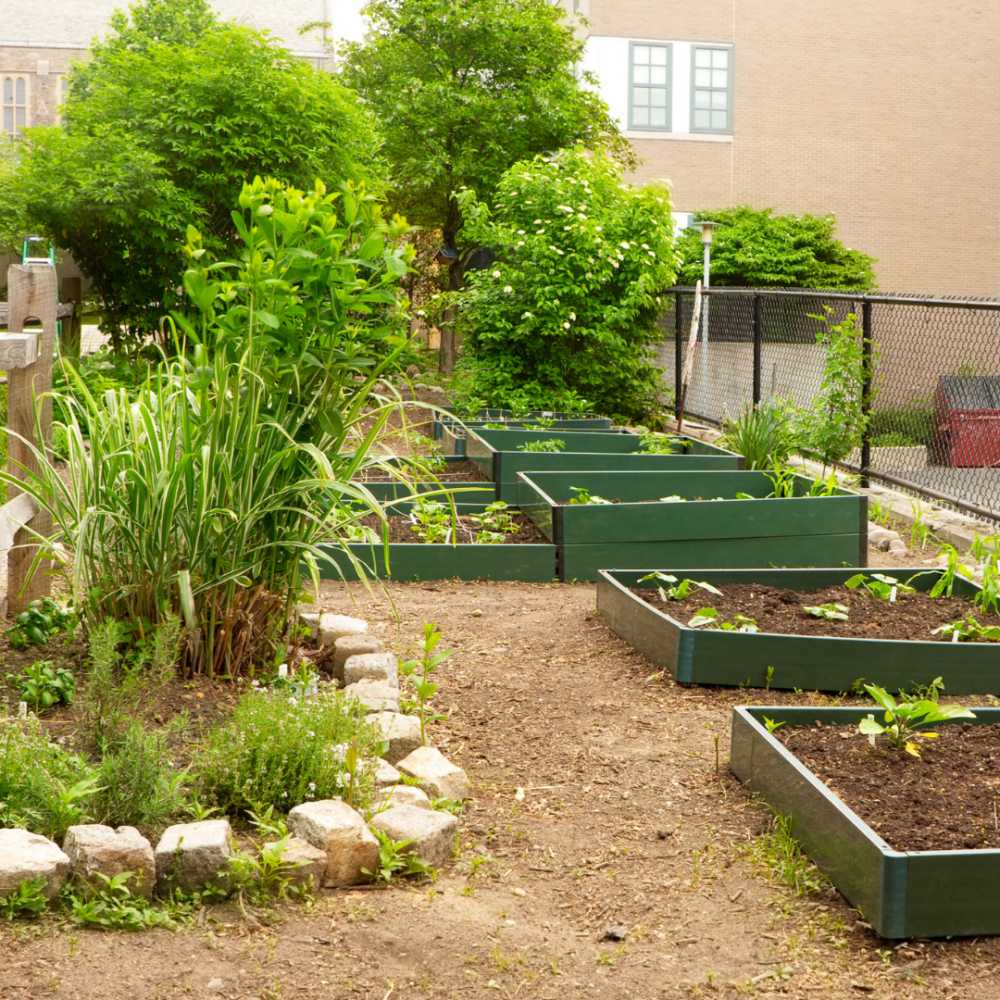2024 PARTNERSHIP WITH
DENVER PUBLIC SCHOOL’S
F.A.C.E DEPARTMENT
Scarcity for Students in the Denver Public School System

As costs rise in Denver, food insecurity is on the rise as well. An estimated 30% of Denver is food insecure according to a recent article in the Denver Post* A variety of factors play into this city-wide struggle and highly impact Denver’s marginalized communities many of which are also DPS families. The Lion Project has made it their goal for this year to support the Denver community experiencing food insecurity. The Family and Community Engagement department at Denver Public Schools is also working with schools and community hubs to provide a variety of services and support to families in all 6 regions of DPS, food, and groceries being one of these services. FACE and The Lion Project will collaborate by bringing in community partners, and volunteers, and securing donations to create sustainable pathways for families in DPS to access food in a variety of ways.
Objectives:
- Leverage partnerships to help create sustainable locations in schools where families can easily access food
- Build partnerships that will last and continue to support the community
- Read the STATEMENT OF WORK by clicking here
Implementation of Food Pantry and Fresh Garden serving Low-Income Students and Families at Denver Public Schools
Project Overview:
 We are seeking funding for the implementation of a food pantry and fresh garden program at low-income schools in our Denver community implemented through Denver Public Schools. The primary goal of this project is to address food insecurity among students and promote healthier eating habits by providing access to nutritious food options. To ensure that the program is effective, we have developed a comprehensive plan for measuring its success.
We are seeking funding for the implementation of a food pantry and fresh garden program at low-income schools in our Denver community implemented through Denver Public Schools. The primary goal of this project is to address food insecurity among students and promote healthier eating habits by providing access to nutritious food options. To ensure that the program is effective, we have developed a comprehensive plan for measuring its success.
Objectives:
Increase Food Security: The first objective is to improve food security among students by ensuring regular access to nutritious food. This will be measured by tracking the number of students who visit the food pantry and the frequency of their visits.
Nutritional Improvement: The second objective is to encourage healthier eating habits among students through the availability of fresh produce from the garden. This will be measured by conducting pre- and post-program evaluations from the teachers to assess changes in students
Evaluations, Recommendations and Adaptations: Based on the evaluation findings, we will identify successful program components and areas for improvement. Recommendations for necessary adaptations will be made to optimize future implementations of the food pantry and fresh garden program.
Project Timeline: The grant-funded project is planned to be implemented over a period of one year. Evaluation and reporting activities will occur during and after the implementation phase to provide real-time feedback for adjustments and to assess longer-term impact. By measuring the success of the food pantry and fresh garden program in low-income schools, we aim to demonstrate the positive effects of improved food security and nutrition on students’ well-being and academic performance. The evaluation process will enable us to refine and replicate the program in the future, thereby maximizing our impact in combating food insecurity and promoting healthier lifestyles within the community.
Supplies Required for Implementation of Food Pantry and Fresh Garden Program at Low-Income Schools
 Project Overview: We are seeking funding for the implementation of a food pantry and fresh garden program at low-income schools in our community. The primary goal of this project is to address food insecurity among students and promote healthier eating habits by providing access to nutritious food options.
Project Overview: We are seeking funding for the implementation of a food pantry and fresh garden program at low-income schools in our community. The primary goal of this project is to address food insecurity among students and promote healthier eating habits by providing access to nutritious food options.
To effectively execute the program, we have identified a list of essential supplies needed.
Supplies Required
Food Pantry: Shelving: Sturdy, adjustable shelving units will be required to organize and store the pantry items, including non-perishable food items, canned goods, grains, and other essential supplies.
Refrigeration Units: Commercial-grade coolers or refrigerators will be needed to store perishable food items such as fruits, vegetables, dairy products, and proteins.
Freezer Units: Chest freezers or upright freezers will be necessary to store frozen food items such as meat, vegetables, and pre-made meals.
Storage Containers: A variety of food storage containers, including plastic bins, airtight containers, and resealable bags, will be needed to ensure proper food storage and prevent spoilage.
Food Preparation Equipment: Basic kitchen supplies such as knives, cutting boards, can openers, and food processors will be necessary for preparing and organizing food items.
 Fresh Garden:
Fresh Garden:
Gardening Tools: This includes shovels, rakes, hoes, trowels, watering cans, garden gloves, and wheelbarrows. These tools will be used for soil preparation, planting, weeding, and general maintenance of the garden.
Planting Supplies: This includes seeds, seedlings, potting soil, compost, mulch, fertilizer. These supplies are essential for successfully growing a variety of fruits, vegetables, and herbs in the garden.
Irrigation System: An efficient and sustainable irrigation system, such as drip irrigation or sprinklers, will be needed to ensure adequate watering for the garden.
Greenhouse or Cold Frames: A greenhouse or cold frames will be required to extend the growing season and provide a controlled environment for seedlings and tender plants.
Signage and Educational Materials: Signs, labels, and educational materials will be needed to indicate plant types, provide simple gardening instructions, and promote educational opportunities for students and volunteers.
Project Budget Estimate:
The estimated cost for the required supplies is as follows:
Food Pantry Supplies: $100,000
Fresh Garden Supplies: $50,000
It is important to note that the budget estimates provided are subject to change based on specific school and community needs, as well as local pricing and availability.
Sustainability:
To ensure the long-term sustainability of the program, we will aim to source supplies from local businesses, community organizations, and through partnerships with vendors. Additionally, we plan to establish a volunteer network to assist with ongoing maintenance and restocking of the food pantry, as well as the upkeep of the fresh garden.
By providing the necessary supplies for the implementation of the food pantry and fresh garden program, we can create an environment that fosters healthy eating habits, addresses food insecurity, and empowers students to make nutritious food choices.
Program Evaluation Methods: By measuring the success of the food pantry and fresh garden program in low-income schools, we aim to demonstrate the positive effects of improved food security and nutrition on students’ well-being and academic performance. The evaluation process will enable us to refine and replicate the program in the future, thereby maximizing our impact in combating food insecurity and promoting healthier lifestyles within the community.
Food Pantry Usage: DPS will keep a detailed record of the number of students visiting the food pantry on a weekly basis. This data will help us determine the program’s reach among the target population.
Survey Assessments: Pre- and post-program surveys will be conducted to gather information about students’ dietary habits, preferences, and knowledge of healthy eating. This will enable us to track changes in attitudes and behaviors related to food choices.
Qualitative Feedback: We will organize conduct interviews with students, parents, teachers, and school administrators to gather qualitative feedback on the program’s impact. These insights will provide a deeper understanding of the program’s effectiveness, challenges, and potential areas for improvement.
Reporting and Analysis: All the data collected through the above evaluation methods will be analyzed and synthesized to produce comprehensive reports. The reports will include statistical analysis, charts, and qualitative findings. These reports will be submitted to the funding organization and shared with partnering schools and community stakeholders.
Project Recommendations and Adaptations: Based on the evaluation findings, we will identify successful program components and areas for improvement. Recommendations for necessary adaptations will be made to optimize future implementations of the food pantry and fresh garden program.
Project Timeline:
The grant-funded project is planned to be implemented over a period of one year. Evaluation and reporting activities will occur during and after the implementation phase to provide real-time feedback for adjustments and to assess longer-term impact.
Increase Food Security: The first objective is to improve food security among students by ensuring regular access to nutritious food. This will be measured by tracking the number of students who visit the food pantry and the frequency of their visits.
Nutritional Improvement: The second objective is to encourage healthier eating habits among students through the availability of fresh produce from the garden. This will be measured by conducting pre- and post-program evaluations from the teachers to assess changes in students
Evaluations, Recommendations and Adaptations: Based on the evaluation findings, we will identify successful program components and areas for improvement. Recommendations for necessary adaptations will be made to optimize future implementations of the food pantry and fresh garden program.
Project Timeline: The grant-funded project is planned to be implemented over a period of one year. Evaluation and reporting activities will occur during and after the implementation phase to provide real-time feedback for adjustments and to assess longer-term impact. By measuring the success of the food pantry and fresh garden program in low-income schools, we aim to demonstrate the positive effects of improved food security and nutrition on students’ well-being and academic performance. The evaluation process will enable us to refine and replicate the program in the future, thereby maximizing our impact in combating food insecurity and promoting healthier lifestyles within the community.
